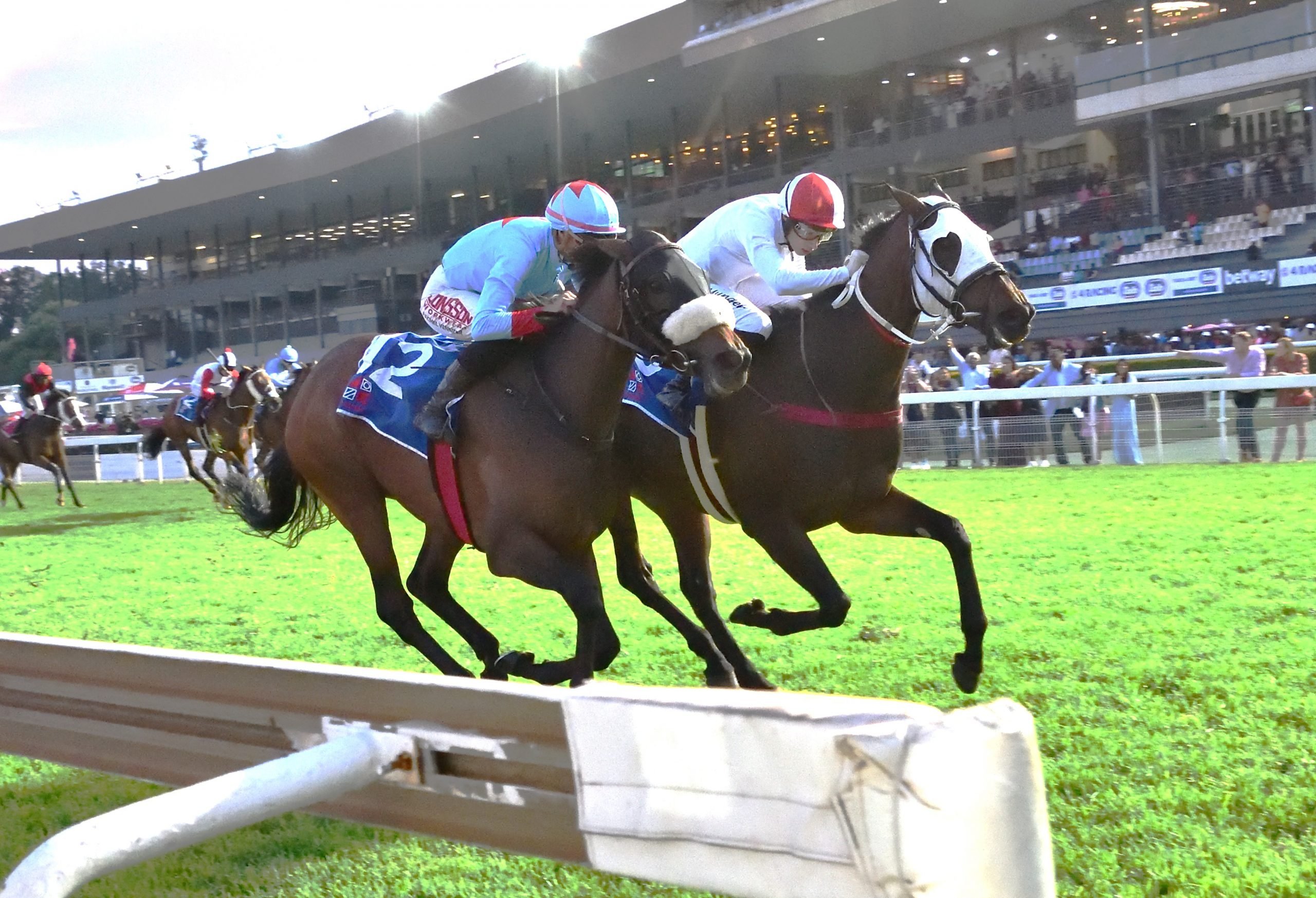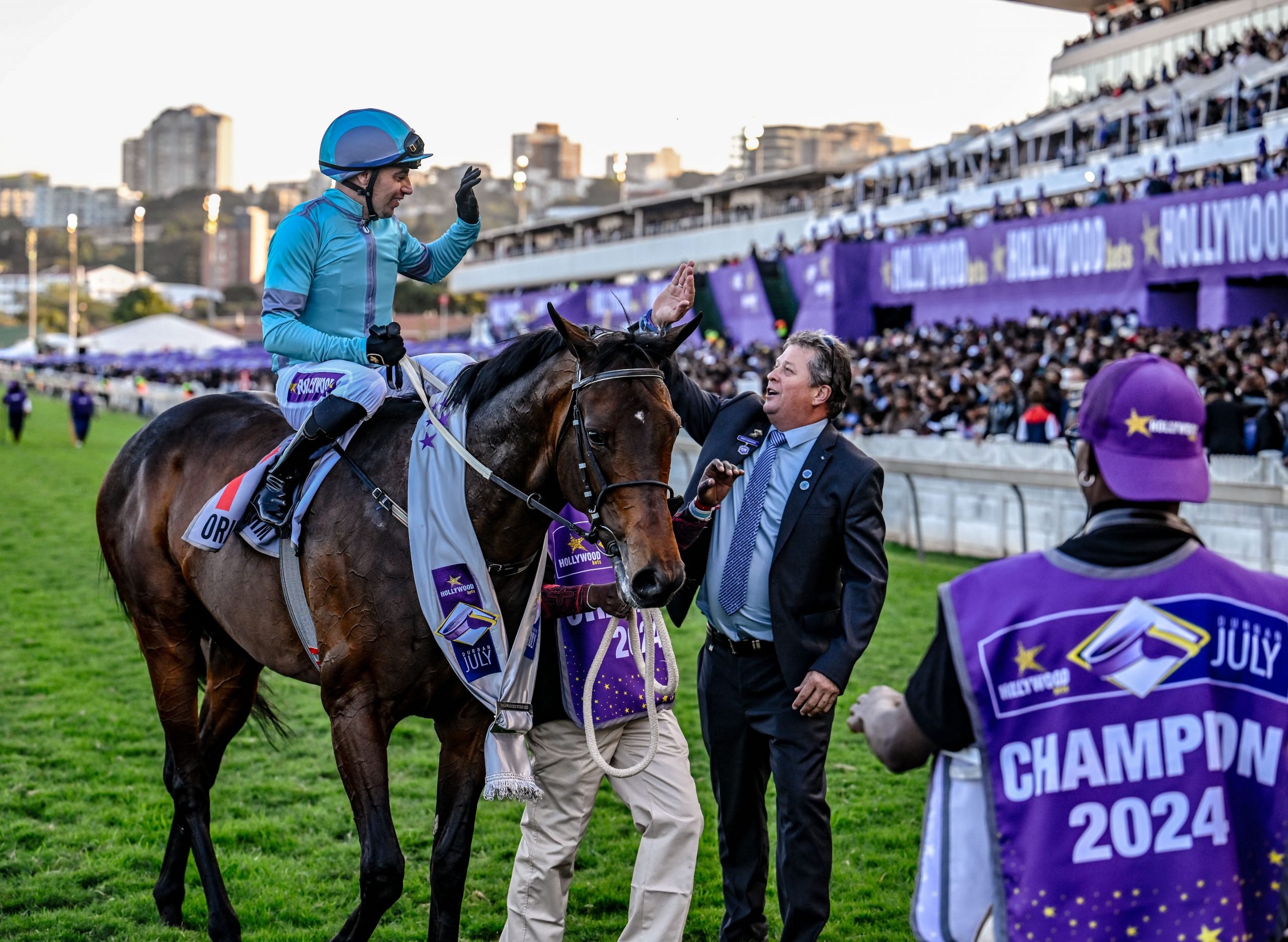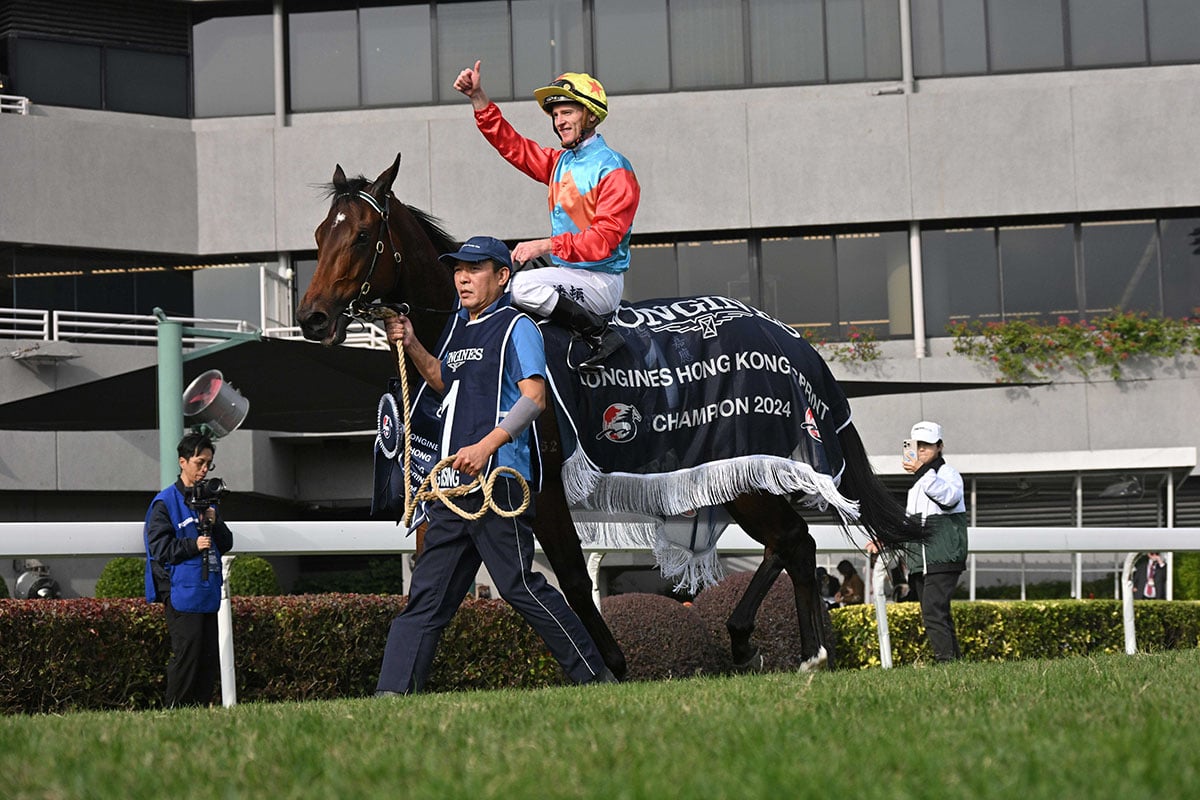The Racing Post carried an interesting article regarding the funding of racing industries worldwide in May this year.
It is quite a lengthy analysis with plenty of statistics and graphs, and it also does not cover the USA (in depth) or South Africa.

So how do we differ?
Neill de Bruyn writes in the Sporting Post Mailbag that some background is required.
In terms of total prize money, Japan leads the way, followed by the USA, Australia and France.
In terms of average prize money per race, the order is Hong Kong, Japan, France and Ireland.
In Japan and Hong Kong racing is highly regulated by government legislation. The Hong Kong Jockey Club (HKJC) and Japan Racing Authority (JRA) controls all income derived from racing – no land-based bookmakers from what I can ascertain.

The HKJC pays 12% of turnover to government and retains 4.3 % for operating costs and prize money (keep in mind that they only stage 88 meetings per year). Also note that HK residents may, by law, only bet on horse racing and soccer.
The Japan Racing Authority retains 25% of turnover of which two-fifths goes to government and the rest to racing, including prize money.
In France, Pari Mutuel Urbaine (PMU) has a monopoly.
Of its total turnover, 75% is returned in the form of winning bets, 9% goes to the government, 8% is split between France Galop and Le Trot, the two major shareholders, to cover prize money and operating costs, and the rest goes to paying commercial partners.
The Australian model is held up as a shining model of how the industry can maximize profits. Prize money is primarily funded through betting tax which varies from state to state.
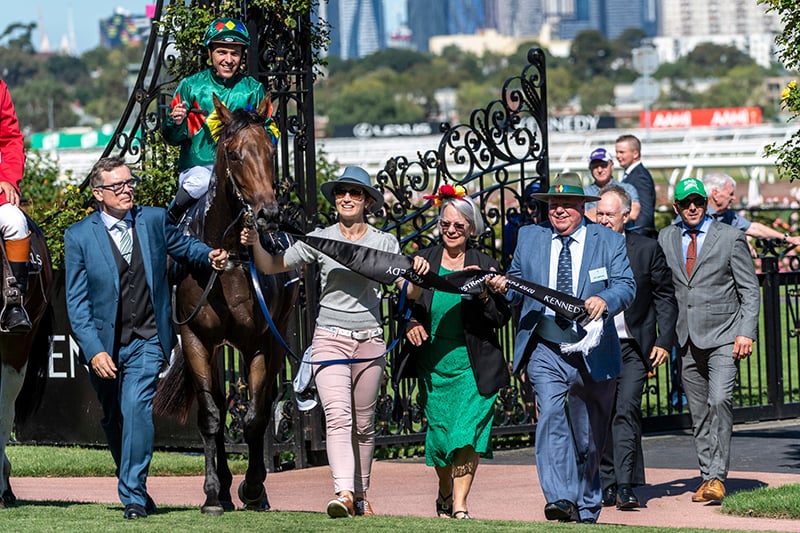
Alligator Blood (All Too Hard – Lake Superior) ridden by Ryan Maloney returns to scale after winning the (G1) Kennedy Australian Guineas (1600m) Australian Guineas Day at Flemington Racecourse. Saturday 29 February 2020
Photo Credit: (Darren Tindale – The Image is Everything)
There is a higher proportion of pool betting in Australia than fixed odds betting.
Personally, I attribute the success of Australian racing not to their racing model, but to the fact that over 80% of their adult population engage in gambling, the highest proportion in the world, according to Wikipedia.
How else could one explain a population which is less than half that of South Africa, nonetheless able to support racing at 360 tracks?
Note that all of the above racing jurisdictions need not rely on sponsorships to complement prize money.
The situation in the UK is dire, according to the Sporting Post article. Estimates by the Racing Association put ownership expenses at £621 million in 2019 while prize money of only £161 million was up for grabs.
Prize money in Britain is funded from a levy – a 10% tax on bookmaker profits plus a levy on the tote, which provided 35%, owners entry fees make up 15%, while the remaining 50% comes from racecourse distributions. Spectators fund roughly half of racecourse income.
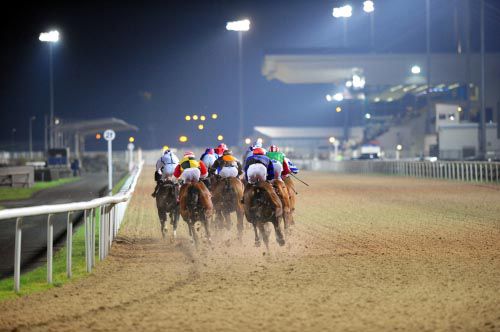
Irish racing receives funding from the government exchequer. There is no formal, direct link between betting tax and government funding, which suggests that the exchequer reviews and adjusts its support to the industry when necessary.
Onto South Africa:
The tote operators are, as we know, the main contributors to prize money. They withhold a percentage of the gross tote turnover (probably in the region of 25%). If government tax is 6% this leaves the operators with 19% for prize money and operating expenses.
The provinces receive a 6% tax on all winning bets struck by bookmakers. 50% or 30% (not sure) of this levy is returned to the tote operators via the gambling boards.
What caused our prize money and pools to shrink?
Obviously the depressed economy and covid-19 are major factors. In contrast to overseas racing, SA racing was disrupted for 2 months, which compelled the tote operators to find external financial assistance (MOD and Hollywoodbets).
On top of that, the Public Protector, prior to the endemic, instructed the Gauteng province to withhold its contribution to racing in terms of the percentage of the bookmaker’s levy that was due to them, and this order seems to be in place still.
A further income stream which contributed to prize money could also now be lost due to the demise of Phumulela: normally 80% of the share dividends accruing to the Thoroughbred Horseracing Trust from it’s 26,7% shareholding in Phumulela, were added to the stakes pool.
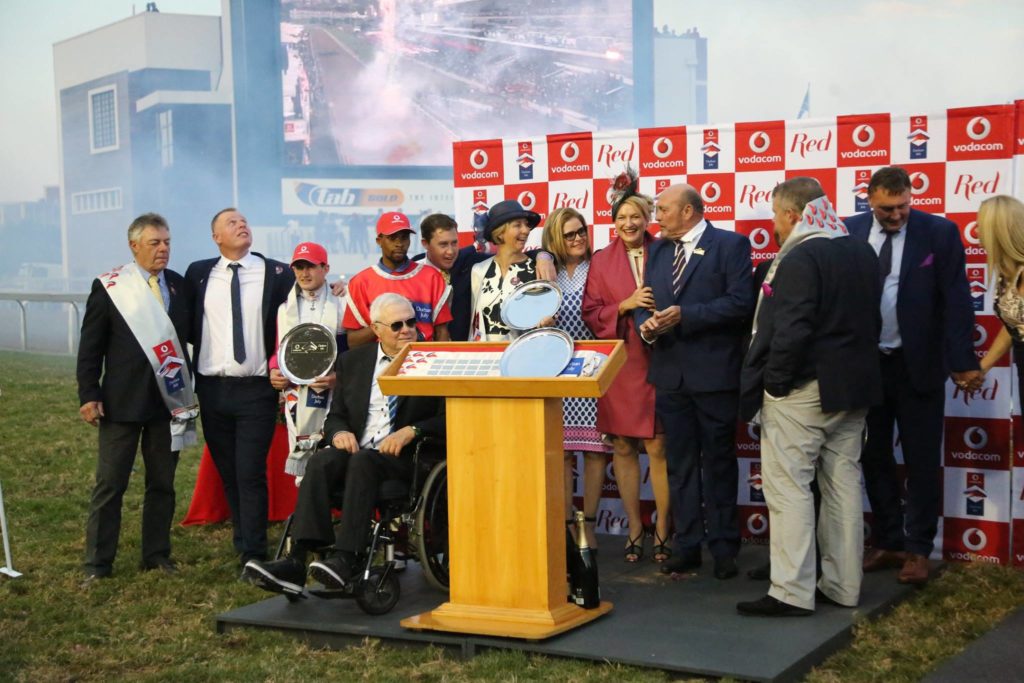
Winning connections (photo: Gold Circle)
In addition, Gold Circle also had an income stream disruption due to their 39% shareholding in PGI, a joint venture with Phumelela. There is an ongoing dispute between Gold Circle and the business rescuer, I believe.
To complicate matters, Phumelela (4 Racing) was/is also responsible for sponsoring or partly sponsoring prize money in the Eastern and Western Cape. According to an article in the Citizen (14 October 2019) prize money in the Western Cape is (or was) governed by an arrangement in terms of which total stakes are (or were) set at 26% of the combined net stakes pool in Phumelela regions.
I don’t know what arrangement is in place for Eastern Cape prize money.
Lastly, one should also not forget that the tote operators fund the NHA to the tune of some R60 million per year.
So, funding in South Africa is more complex than one thinks it is.
Are any of the overseas funding models better than the South African one?
Yes of course, if one entity has total control of gambling revenue, this seems to be the case. Not going to happen here in South Africa though, bookmakers have been part of the industry forever.
The Australian “model”? Can’t see the SA public ever matching the Australian public for racing enthusiasm !
The UK? Nope, British prize money has been dwindling since 2019 and there are calls for reform (although Ireland is back on pre-Covid prize money levels with further increases due this year).
An increase in the withholding percentage on pools? No, we are in line with Japan and France.
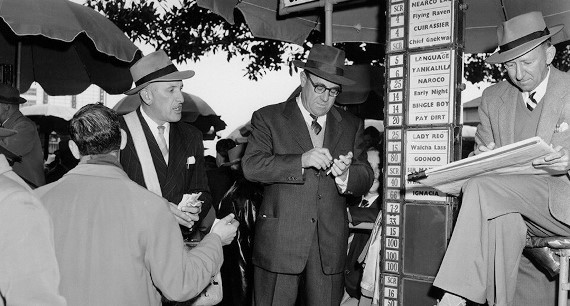
The bookmakers?
Many advocate an increase in bookmaker tax. I don’t know if tote operators would be of the opinion that an increase in bookmakers tax to say 10% would have a significant impact on their income. Then they should be pushing for it if they feel the playing fields are not equal.
Some of the major fixed betting operators plough back significantly in terms of sponsorships and community projects, anyway.
So, ride out the wave and hope that the economy picks up and unemployment is reduced. The SA betting environment cannot really be compared to those of first world countries – disposable income here is much lower due to high debt levels and the fact that many, many people may depend on a single earner.






